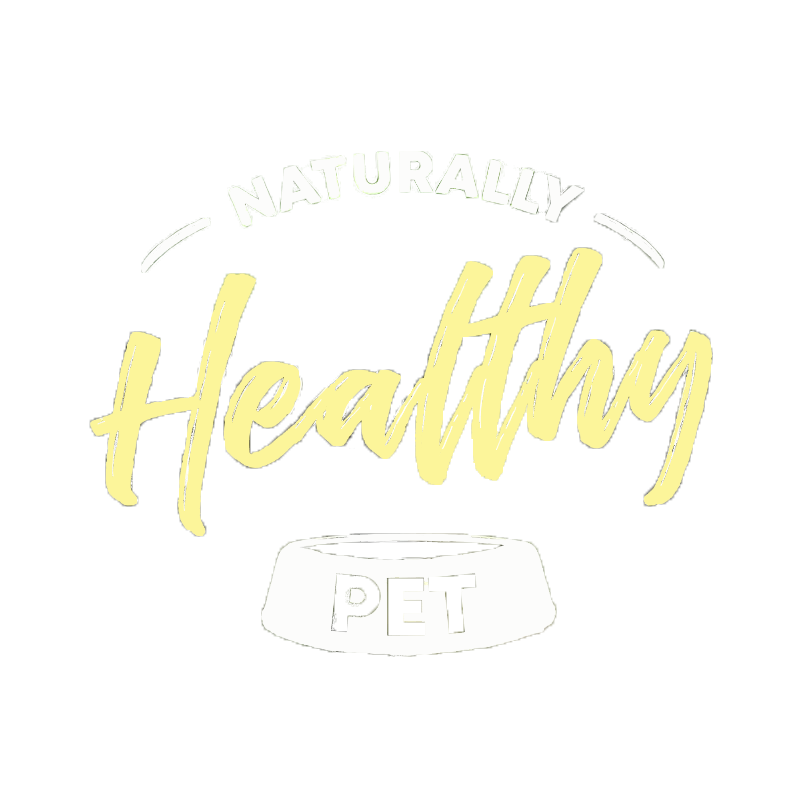The active constituents of Slippery Elm are: mucilage (galactose, 3-methyl galactose, hexoses, pentoses, methylpentoses, polyuronides, rhamnose and galacturonic acid residues), complex carbohydrates, tannins, calcium oxalate, phytosterols, sesquiterpenes, flavenoids, salicylic acid, capric acid, caprylic acid, decanoic acid, and vitamin E. The mucilage in slippery elm bark is a demulcent and emollient. Tannins are typically used as astringents to treat weeping skin lesions, diarrhea or bleeding. Tannins
also help tighten and constrict the tissue.
Internally, in situations where it is used for the patient with nausea, it is hard to find anything to equal Slippery Elm, as it is high in
Calcium and Magnesium, and also contains the Vitamins A,K,C, E and B-Complex. This is a food which is often tolerated and accepted by the body in delicate situations, such as during convalescence and even after intestinal surgery. It can also be very useful for bronchitis and Kennel cough, as it soothes the respiratory passages, and urethritis, where it soothes and lubricates the urinary tract. In gastritis it will soothe stomach distress and act as an antacid, and with arthritis it will act as a joint lubricant, and for colitis, soothe irritable bowel, helping also to alleviate the pain of colic or stomach ulcers, and relieve inflammatory bowel conditions. It also aids digestion and helps cleanse the colon.
This wonderful herbal aid can also be greatly beneficial for the treatment of both diarrhea, aswell as constipation, neutralising
stomach acids and boosting the adrenal glands, working in larger doses [where honey can be added too for dogs] as a type of internal herbal 'glue' or bandage that the body uses where needed, and in smaller doses as a soothing lubricant.
Made into a gruel this herb has, as mentioned above, literally saved puppies on the brink of death, and when made as a gruel one can add honey and/or other supplements by choice, then feed either by adding to food or as a porridge, or via syringe.
Preparation:
1. Simple Tea Method. You’ll prepare this medication just like a tea you might drink yourself. First, put a heaping teaspoon of dried herb in a coffee mug, and add 8-12 oz of boiling water or diluted broth. Allow to cool. If using capsules, open them up, discarding the shells, and note that it may take a bit less to get good results.
2. Long-Brew Method. To get more out of your supply or to create a thicker medicine use the same amounts of herb and water listed above and simmer for 10-20 minutes.
3. The resultant liquid, once cooled, should be somewhat thicker than water. If it is as thin as water double the dry herb amount next time, or try the long-brew method. If it is thick like jelly, that’s fine. You can use half of the dosages listed below. This makes it much easier to spoon feed reluctant patients! Do not worry about any loose herb in the liquid. It does not have to be filtered out. This infusion or decoction will keep for about 5 days in the fridge.
4. Add the liquid to the food at mealtimes, or add to the water bowl, or give as a treat. The goal is 4 doses per day, but even once daily will provide some relief. I hate to force feed anything. But this is one treatment that is probably worth it if you must. If force feeding is your only choice use the stove top brewing method and aim for a thicker, jellylike consistency so you can administer less physical amount for the same beneficial effect.
5. Palatability Tricks. To give Slippery Soup™ as a treat (my preferred way!) you can do several things. You can mix the liquid 50/50 with broth, soup, a favorite canned food, milk, tuna juice, or baby food. It may not smell great to you, but
these soups are highly appreciated by pets! You can also add it to yogurt or cottage cheese if dairy is not an issue.
6. Dose size (goal is 4 doses per day):
Cats and Dogs under 25 lbs 1-2 Tablespoons
Dogs 25-50 lbs 2-4 Tablespoons
Dogs 50 lbs and up ¼ to ½ cup
This is not a longterm answer, as used long-term, Slippery Elm can interfere with the assimilation of some other nutrients, and of course the root cause of problems need to be treated and resolved, but in the short-term, and emergency circumstances it can, and has many times very literally been a lifesaver.
This wonderful herb can also be used externally and made into a paste, is a wonderful poultice for boils, abscesses, ulcers and burns. Honey and Goldenseal can also be mixed in to give it extra antibacterial, soothing properties for any wound, sore or burn either on its own or under a bandage.
Slippery elm is considered a safe herb when taken at commonly recommended dosages. It is completely non-toxic, and has no known drug interactions. Slippery elm is thought to be safe for use during pregnancy and lactation. The only known side effect is that some people develop an allergic rash when slippery elm is applied to the skin.
We stock Dorwest Tree Barks Powder, Dogs First Bio Function 8 and Proflax Tummy Tastic, which are very good quality Slippery Elm powder
Preparation info shared from:
http://www.holvet.net/slippery_soup.html





